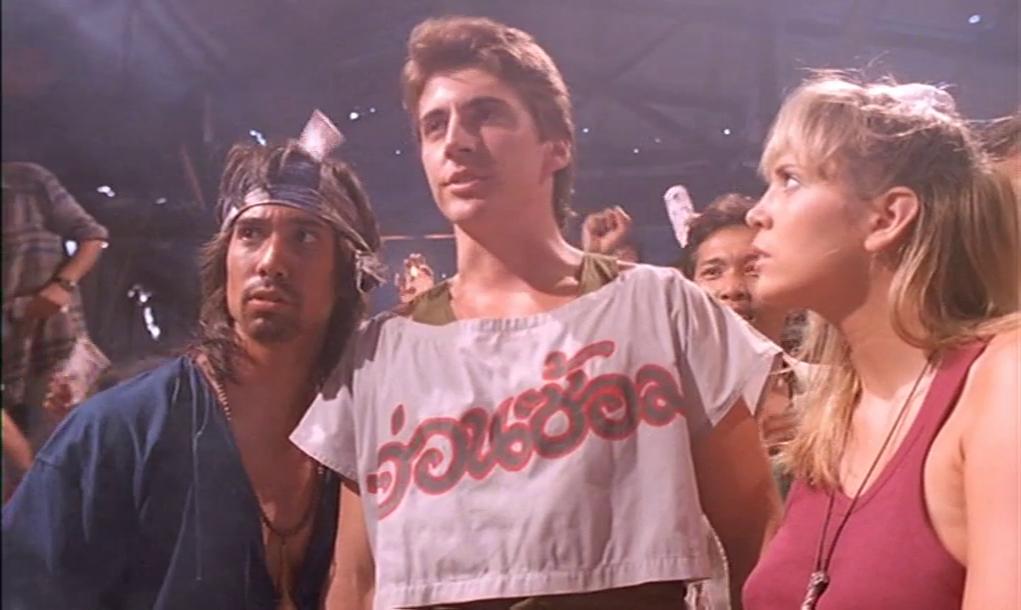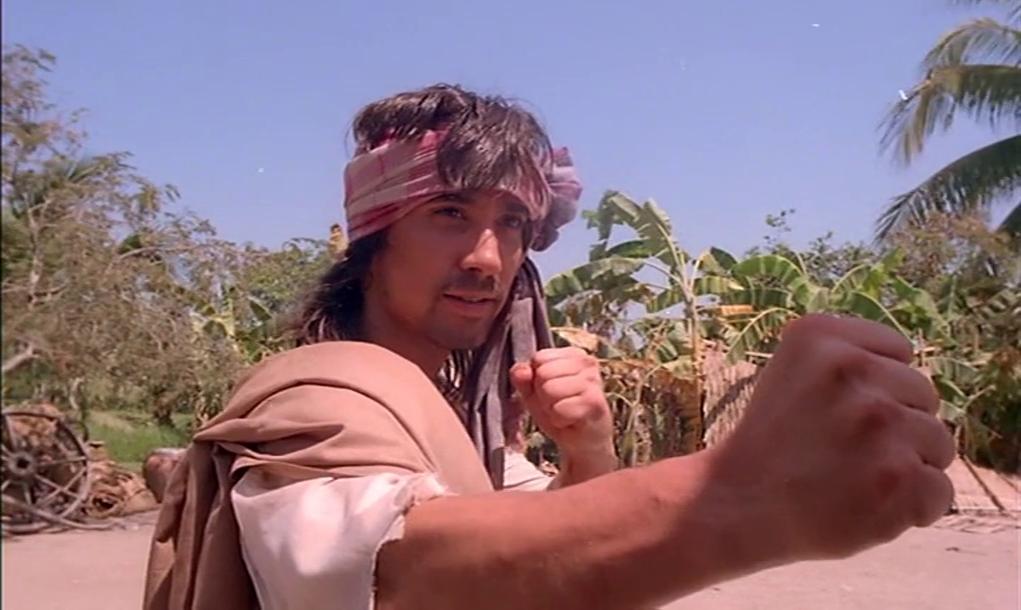The King of the Kickboxers – A Cult Classic of Martial Arts Revenge Cinema
The King of the Kickboxers, released in 1990, is a quintessential example of late 80s and early 90s martial arts action cinema. Directed by Lucas Lowe and produced by the legendary Seasonal Film Corporation, the film blends brutal hand-to-hand combat, a familiar revenge-driven storyline, and an exotic Southeast Asian backdrop. It is best remembered for its over-the-top villain, intense training sequences, and the explosive showdown that delivers exactly what genre fans came for.
The story follows Jake Donahue (played by Loren Avedon), an arrogant but skilled New York City cop who is recruited by Interpol to go undercover in Thailand. His mission is to infiltrate and dismantle an underground snuff film ring in which martial artists are killed on camera. But for Jake, the mission is also personal — years earlier, his older brother was murdered in a similar film by a brutal fighter named Khan. Now, Jake is determined not just to shut down the operation but to avenge his brother’s death.
What ensues is a classic martial arts training and revenge arc. Jake, initially cocky and undisciplined, must humble himself and undergo rigorous training under the guidance of a mysterious and reclusive former fighter named Prang (played by Billy Blanks in an unconventional, unhinged role). Their teacher-student dynamic adds both humor and intensity, particularly during the punishing and creatively choreographed training scenes in the jungle.

The film’s villain, Khan (played with terrifying presence by Billy Blanks), is one of the most memorable antagonists of the era. With his powerful physique, intimidating charisma, and sadistic tendencies, Khan is a nearly unstoppable force — a perfect final boss in this brutal narrative. The climactic battle between Jake and Khan is ferocious, long, and viscerally satisfying, featuring the kind of high-impact kicks, slow-motion strikes, and raw sound effects that defined the genre.
While The King of the Kickboxers doesn’t break new ground in terms of storytelling — it's deeply rooted in tropes of revenge, redemption, and honor — it excels in execution. The fight choreography is fast, clean, and hard-hitting, showcasing Avedon’s real-life martial arts skills. The cinematography captures the gritty urban settings of Bangkok and the lush isolation of rural Thailand, adding a sense of authenticity and mood.
The dialogue and acting are, at times, exaggerated and campy, but that's part of its charm. Like many martial arts films of its time, the emotional beats are straightforward and sometimes melodramatic, but the action more than compensates. Its blend of Eastern martial arts philosophy with Western-style revenge narrative helped it gain cult status among fans of action cinema.

In summary, The King of the Kickboxers is a gritty, energetic, and satisfying entry in the martial arts genre. It's not polished or nuanced, but it's proudly raw and unapologetically action-packed. For those who grew up on VHS-era martial arts films or appreciate the stripped-down simplicity of revenge cinema, this film is a must-watch — a brutal kick to the senses and a love letter to a bygone era of action filmmaking.



